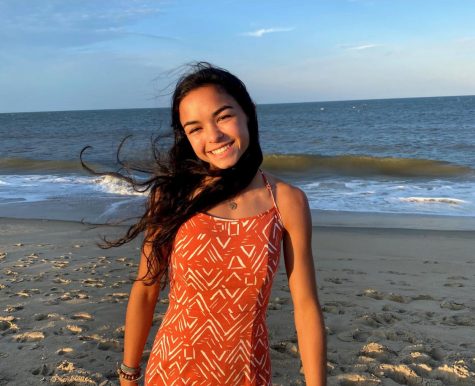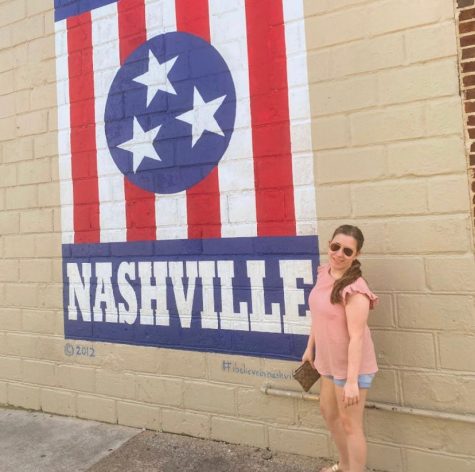What Is President’s Day?
President’s Day is a holiday that has undergone many changes and controversies since its establishment. The holiday was originally celebrated on February 22nd and called “Washington’s Birthday.” The day was created to recognize the first US President, George Washington. In the 1855, this day was known as the unofficial observance day for George Washington.
By the 1870s, Senator Steven Wallace Dorsey of Arkansas brought up the idea of federalizing the holiday. It was not until 1879 when President Rutherford B. Hayes made Washington’s Birthday a federal holiday, but only in the District of Columbia. In 1855 was when it became a holiday for the whole country. During this time, Washington’s Birthday was also a combination of four other federal holidays: Christmas, New Year’s, Fourth of July, and Thanksgiving.
As a part of the 1971’s Uniform Monday Holiday Act, the holiday was moved to the third Monday of February to give the nation’s workers more three day weekends. With this change, people thought this was done to honor Abraham Lincoln because the date was now in between his and Washington’s birthday.
President’s Day is the socially accepted name for this day, but it is technically incorrect because the government still has the day legally named Washington’s Birthday. As time went on, people have started to recognize the day as the commemoration of all U.S Presidents and their achievements, not just Washington’s or Lincoln’s. Some states have customized the day to not just acknowledge presidents, but other politically active people in history. For instance, Arkansas uses this day to honor Daisy Gatson Bates, a civil rights activist. A few lawmakers have argued that the grouping of Washington’s Birthday into President’s Day lessens the legacies of both Washington and Lincoln.
There are not many celebrations and traditions for President’s Day. But, many patriotic people or historical groups use this do to plan celebrations, historical reenactments, and various other events. Some states require their public schools to spend the time leading up to President’s Day to teach the students about past presidents of the US. But, they mainly will cover Washington and Lincoln and their accomplishments.
Visit this link for more information on President’s Day:











